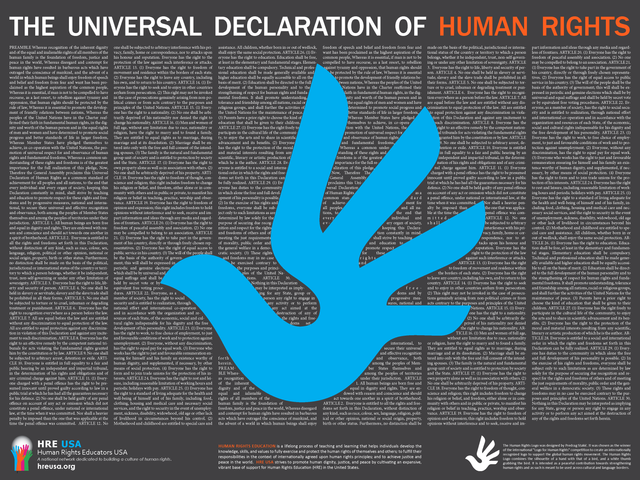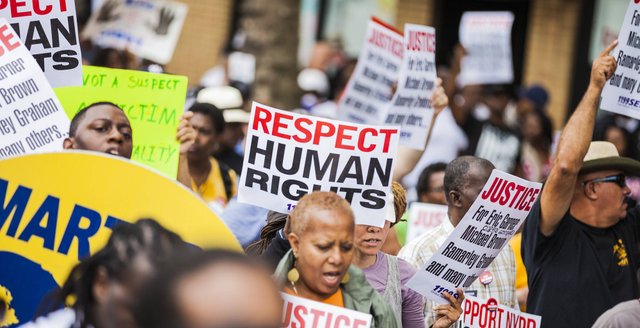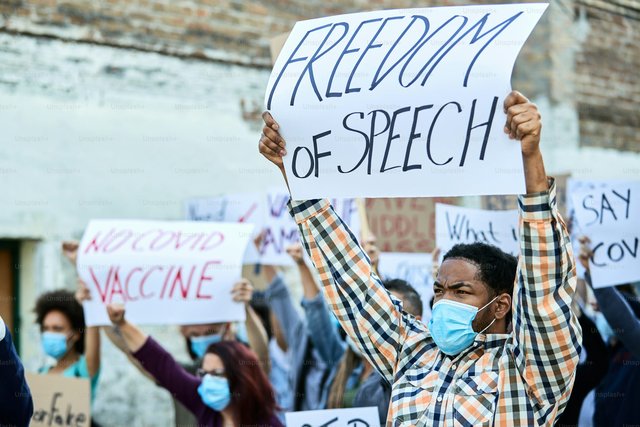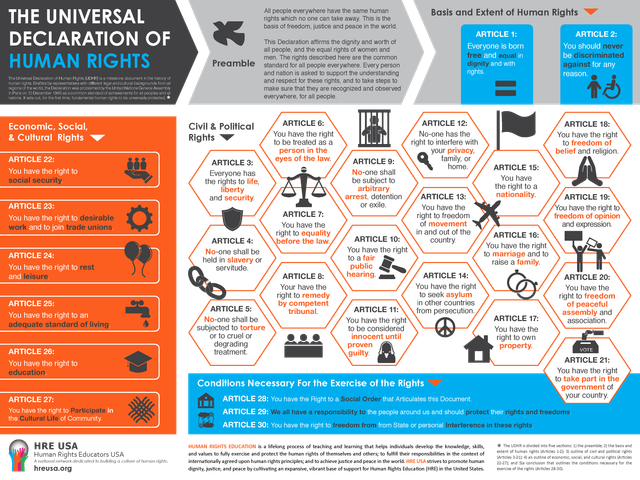🕊️ “Human Rights: The Real Power Behind Freedom and Equality in Today’s World”
Introduction:
Human rights are the fundamental freedoms that every person is born with — regardless of religion, race, nationality, or identity. These rights are not just essential for individual dignity and happiness but also form the foundation of a fair, peaceful, and just society.
They remind us that every human being deserves respect, equality, and the opportunity to live freely without fear or discrimination.
What Are Human Rights?
Every person has the right to life, liberty, thought, expression, education, and health.
These rights are recognized in international treaties and global charters such as the Universal Declaration of Human Rights (UDHR), adopted by the United Nations in 1948. The UDHR became a milestone document that set out, for the first time, the universal values of equality and freedom that belong to all humanity.
Governments and social institutions are responsible for ensuring these rights are protected — and that no one’s freedom is violated or ignored.
Why Are Human Rights Important?
Justice and Equality:
Every human being deserves to be treated equally. When injustice occurs — whether in the form of discrimination, abuse, or exploitation — the protection of human rights becomes essential to restore fairness.Protection from Oppression and Abuse:
Human rights provide safety against cruelty, torture, and unfair imprisonment. They ensure that individuals are not victims of arbitrary actions by those in power.Freedom of Expression and Movement:
People have the right to speak, write, and express their opinions freely — as long as they do not harm the rights or reputation of others. Freedom of thought and speech is the foundation of every democratic society.
Challenges in Today’s World
The Digital Age and Privacy
The internet has revolutionized communication, but it has also created new risks. Personal data misuse, mass surveillance, and online censorship threaten our digital freedom. Protecting online privacy is now one of the most urgent human rights issues of the modern era.Discrimination and Inequality:
Many people continue to face injustice based on religion, race, gender, or social class. Inequality in education, employment, and access to healthcare still exists in many countries.Weak Institutions and Lack of Enforcement:
In several nations, justice systems and human rights commissions are either weak or under political pressure. Without strong institutions, protecting people’s freedoms becomes an uphill battle.
Solutions and Our Responsibilities
Promote Education and Awareness:
People must know what their rights are. Schools, media, and social organizations should teach human rights values and empower citizens to stand up for themselves and others.Strengthen Laws and Accountability:
Governments must enforce human rights laws and ensure that courts and institutions operate independently and fairly. Accountability is the key to justice.Protect Digital Rights:
Access to the internet, freedom of speech, and online privacy must be guaranteed. Governments and tech companies should balance security with the right to expression and protect users from digital exploitation.Role of Civil Society and NGOs:
Civil society organizations, journalists, and NGOs play a vital role in defending those who cannot defend themselves. They raise awareness, document injustices, and advocate for real change.
Conclusion:
Human rights are not just political ideals — they are the essence of human life. Protecting these rights ensures equality, justice, and peace for all.
Every person deserves to have their voice heard, their dignity respected, and their identity valued. When we protect the rights of others, we also protect our own freedom.
A world that values human rights is a world that values humanity itself.
Main Title
01. Sub Title
This is the most basic template for beginners using markdown for the first time. By simply editing the text between the check emojis, anyone can create great blog content as if using an editor.
Use an asterisk mark to provide emphasis, such as italics or bold.
Create lists with a dash:
- Item 01
- Item 02
- Item 03



